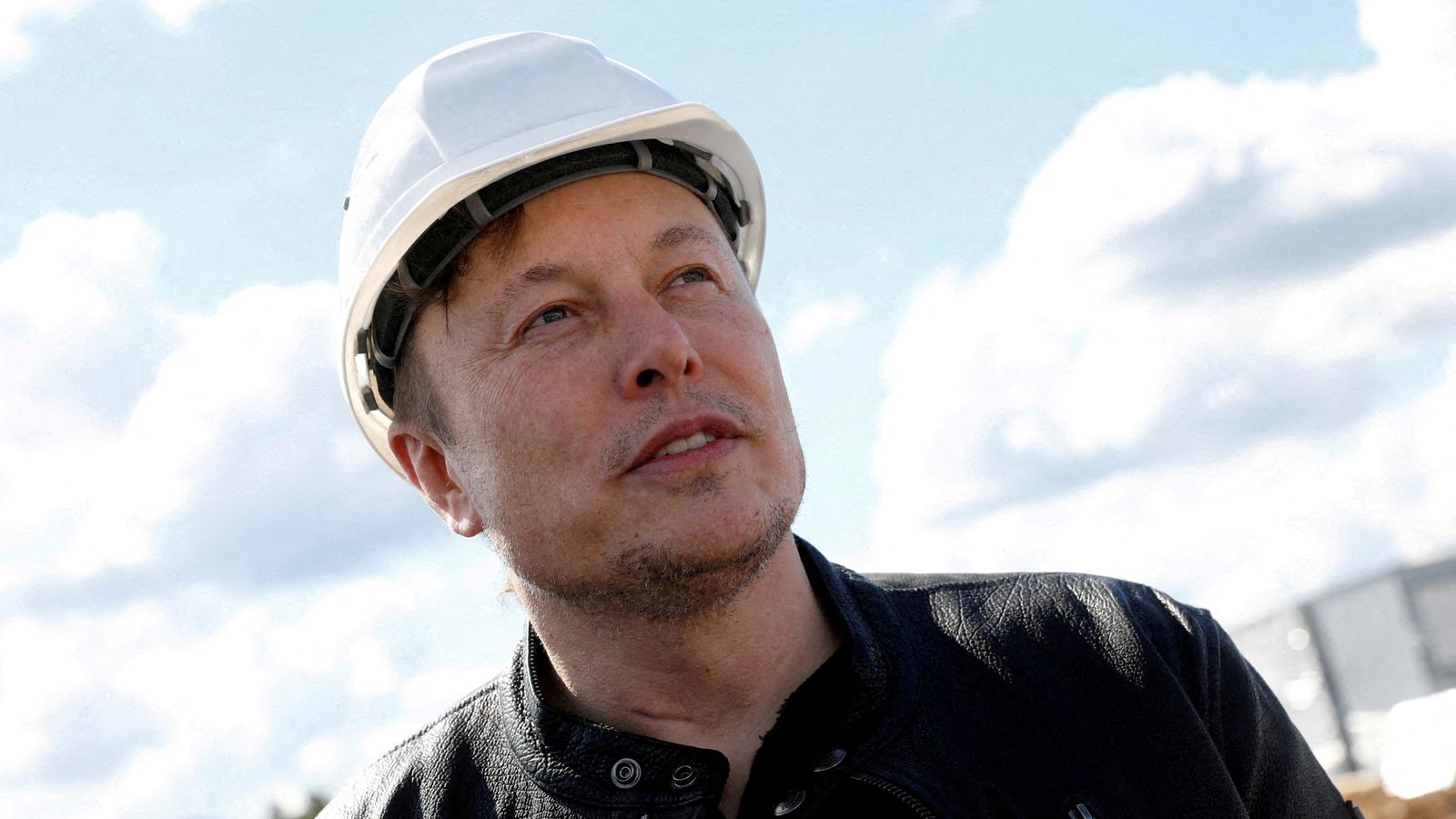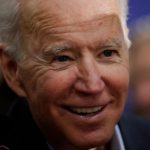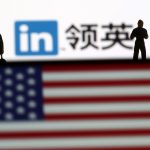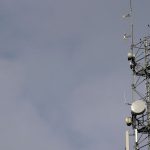On Monday, Twitter chief executive Parag Agrawal told his staff he had no idea what would happen once Elon Musk took over.
“We don’t know which direction the platform will go,” Reuters reported him saying.
He’s not alone. Neither does anyone else – possibly including Mr Musk himself.
His statements about his plans up to this point have been brief, gnomic and occasionally contradictory.
Take, for instance, his declarations celebrating his purchase, when he promised to “defeat the spam bots” and “make the algorithm open source”.
Elon Musk is the most brilliant entrepreneur of his generation, with a capacity to solve the most intractable conundrums, but for those of us bound by conventional assumptions about what is possible, this has all the air of nonsense.
If you want to stop spam, whether from robots or humans, you can’t start by telling the spammers exactly how your platform works. That’s like buying a bank, vowing to eliminate bank robbers, then publishing the floor plans of your vault.
Twitter takeover: Jeff Bezos questions Elon Musk’s ties to China
Elon Musk and Twitter reach agreement for $44bn takeover as Trump looms large
Elon Musk’s Twitter takeover expected to be agreed within hours
For some, this kind of inconsistency suggests that Mr Musk is buying a toy with little idea what to do with it, beyond a vague devotion to a libertarian concept of free speech, which may be much harder to put into practice than he imagines.
In a letter announcing his bid for Twitter, he said he believed in the social network’s capacity “to be the platform for free speech around the globe”.
But many countries around the globe, including most of Europe, do not subscribe to an American idea of unfettered free speech, and many of Twitter’s actual users want more moderation rather than less.
Mr Musk complained recently that some of the biggest names on Twitter, like Taylor Swift and Justin Bieber, hardly ever used the service.
Does he imagine that they want their followers to have even more ability to abuse them? Or are they supposed to welcome this proud demonstration of free speech, now that someone just as famous as them is in charge?
Try to make sense of Mr Musk’s comments and you simply end up with questions like this. Will he reinstate banned users, even if they threaten violence? Will he personally intervene to change rules he doesn’t like?
And this is just the start of the challenges.
Hard as it may be to believe, Twitter is arguably better at moderation than it is at making money. Mr Musk has put himself on the hook for billions, tied to his stock at Tesla. Can he find a business model that gives his social network a sense of direction?
Given the scale of these problems, it’s easy to imagine a future in which Mr Musk fails to reinvent Twitter. He makes some small improvements to the product – heaven knows, they’re needed – but can’t change its fundamental way of working.
Then, after a few years, he grows tired of the world’s governments, demagogues and activists pleading their case to him on a daily basis, and tired of the drain on his other projects, and gets back to easy jobs, like sending humans to Mars.
Looking at the current situation, this feels like the safest bet.
Safe, but for one thing – this is Elon Musk we’re talking about. A man who has not only reinvented cars, but finance and space travel, and is potentially just about to do the same for urban infrastructure with his tunnel-boring company.
In his letter announcing his bid, Mr Musk wrote: “Twitter has extraordinary potential. I will unlock it.”
Perhaps in the back of his mind he has a plan to do this. Perhaps he could turn Twitter into a subscription service. Perhaps he could open up its core API – the bit of Twitter which has all the data on users and their tweets – and let other entrepreneurs build apps and websites on top of it.
Just think about that plan for a moment and you start to see how all this might work out.
If anyone could build an app using Twitter’s data, then there would be competition between services, encouraging the kind of innovation Twitter has for a long time lacked. Not just new features, but genuinely new products.
What’s more, each app could implement its own content policies. Users could decide what flavour of free speech they liked, as could individual countries. We would really know for sure if strict moderation went along with business success.
All this would have the added benefit of leaving Mr Musk to get on with what he does best, perfecting the engineering, while others with a better grasp of the issues worry about the exact definition of hate speech.
All those questions about moderation would dissolve into thin air. Not because they ceased to matter, but because Mr Musk has transformed Twitter to such an extent that they no longer apply.
It feels unlikely – but again, this is Elon Musk we’re talking about.
After all, most seasoned commentators said he couldn’t buy Twitter in the first place. And yet, here we are.






















